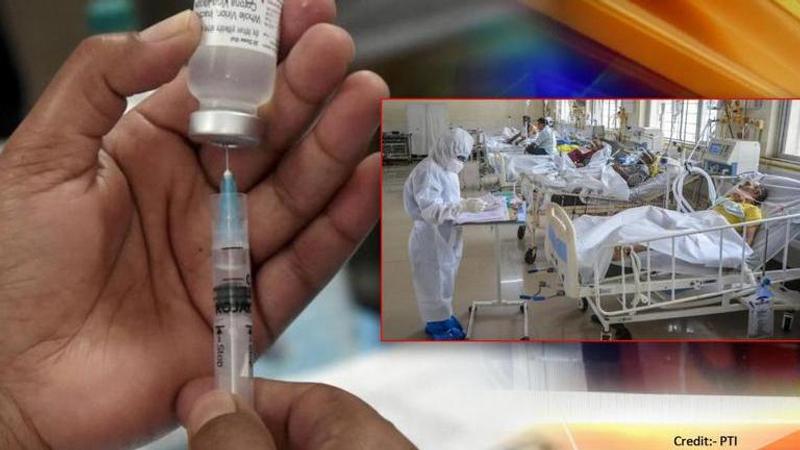Published 12:38 IST, May 10th 2021
COVID-19 vaccine jabs won't increase immunity in organ transplant patients: Study
A new study eveals that people who have had organ transplants remain vulnerable to the deadly Covid-19 infections even after the second dose of the vaccine.

A new study published in the Journal of the American Medical Association (JAMA) reveals that people who have had organ transplants remain vulnerable to the deadly COVID-19 infections even after the second dose of the vaccine. Led by the researchers at Johns Hopkins University in the United States, the study concluded that in contrast to immunocompetent participants in vaccine trials, a proportion as low as 17 per cent of solid organ transplant recipients mounted a positive antibody response to the first dose of SARS-CoV-2 messenger RNA (mRNA) vaccines. However, for those receiving anti–metabolite maintenance immunosuppression were less likely to respond. As a part of the study, the researchers assessed antibody response after the second dose. The Johns Hopkins Medicine research team includes William Werbel, Robin Avery, Aaron Tobian, Allan Massie and Jacqueline Garonzik-Wang.
COVID jabs in transplant patients
The transplant recipients without prior polymerase chain reaction (PCR), who confirmed COVID-19 were recruited from across the US in order to participate in this prospective cohort through a digital campaign. Also, those who completed the 2-dose SARS-CoV-2 mRNA vaccine series between December 16, 2020, and March 13, 2021, were included and followed up through April 13, 2021. As a part of the process. The proportion of patients who developed a positive antibody response were assessed with an exact binomial confidence interval. The analyses were performed using Stata 16.1/Windows.
Study lead author Brian Boyarsky, MD, a surgery resident at the Johns Hopkins University School of Medicine said, "While there was an increase in those with detectable antibodies -- 54 per cent overall -- after the second shot, the number of transplant recipients in our second study whose antibody levels reached high enough levels to ward off a SARS-CoV-2 infection was still well below what's typically seen in people with healthy immune systems". He added, "Based on our findings, we recommend that transplant recipients and other immunocompromised patients continue to practice strict Covid-19 safety precautions, even after vaccination".
Also, in as long as the humoral response is concerned, the majority had detectable antibody responses after the second dose. The participants without a response after dose 1 had low antibody levels. Poor humoral response was associated with use of antimetabolite immunosuppression.
As a part of the study, 658 transplant recipients who received 2 doses of SARS-CoV-2 mRNA vaccine were observed. Also, the first-dose results of 396 of these recipients were previously reported. It then came forward that at a median of 21 (18-25) days after dose 1, antibody was detectable in 98 participants, which was 15 per cent of the total. At a median of 29 (28-31) days after dose 2, antibody was detectable in 357 participants, which was 54 per cent.
Among the 473 participants who received antimetabolites, 38 participants had antibody response after dose 1 and dose 2. 268 had no antibody response after dose 1 or dose 2, and 167 had no antibody response after dose 1 but subsequent antibody after dose 2. Among the 185 participants not receiving antimetabolites, 60 had antibody response after dose 1 and dose 2. Also, 33 had no antibody response after dose 1 or dose 2, and 92 had no antibody response after dose 1 but subsequent antibody after dose 2.
IMAGE: PTI
Updated 12:38 IST, May 10th 2021



